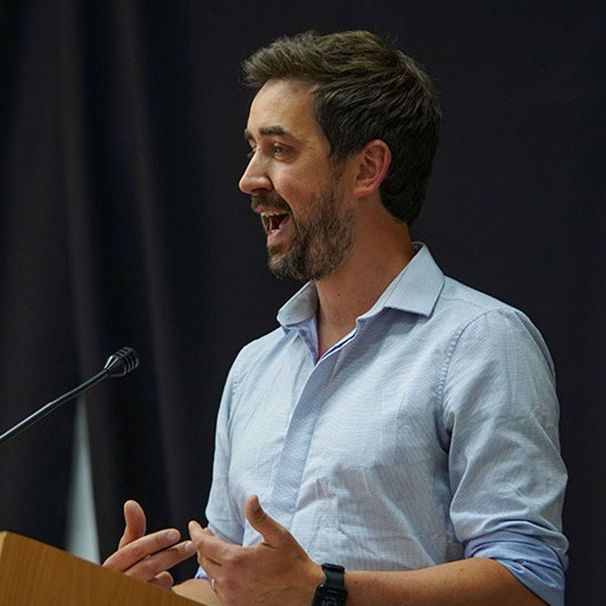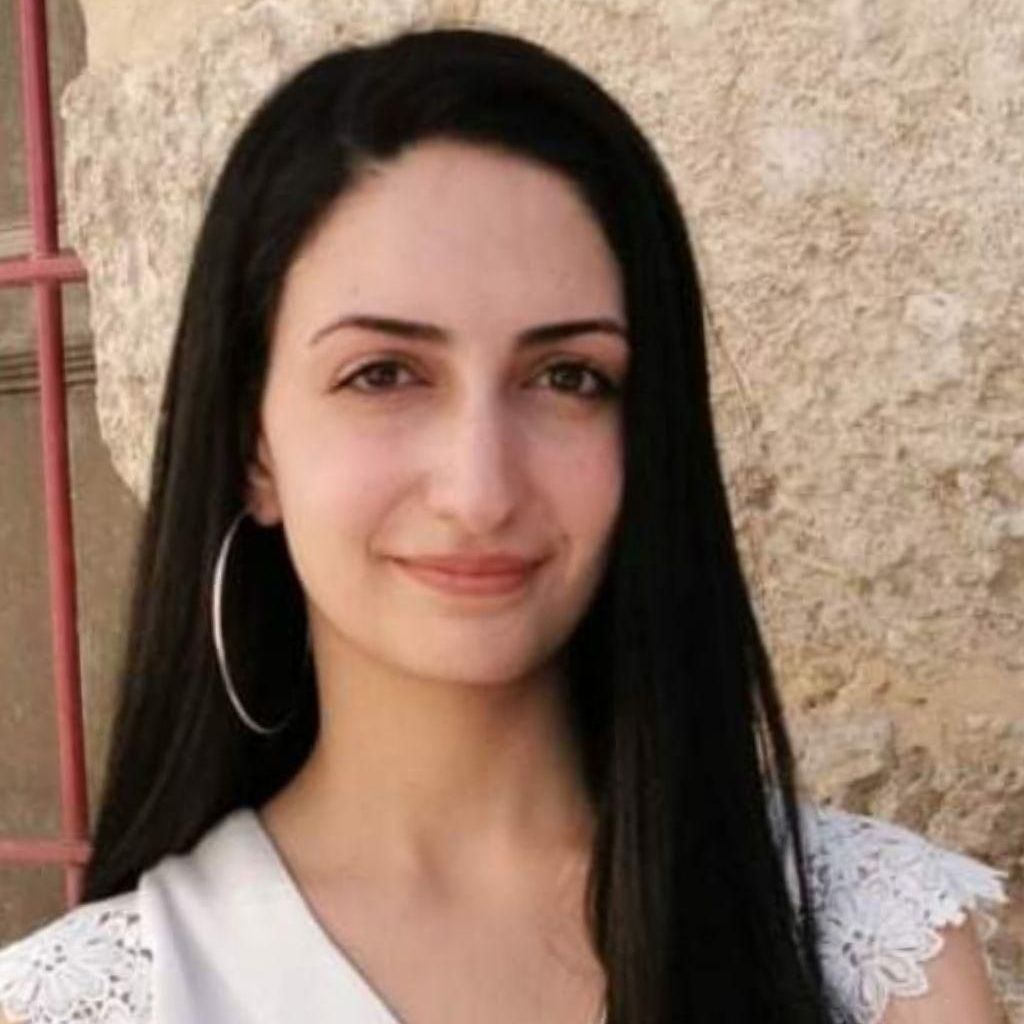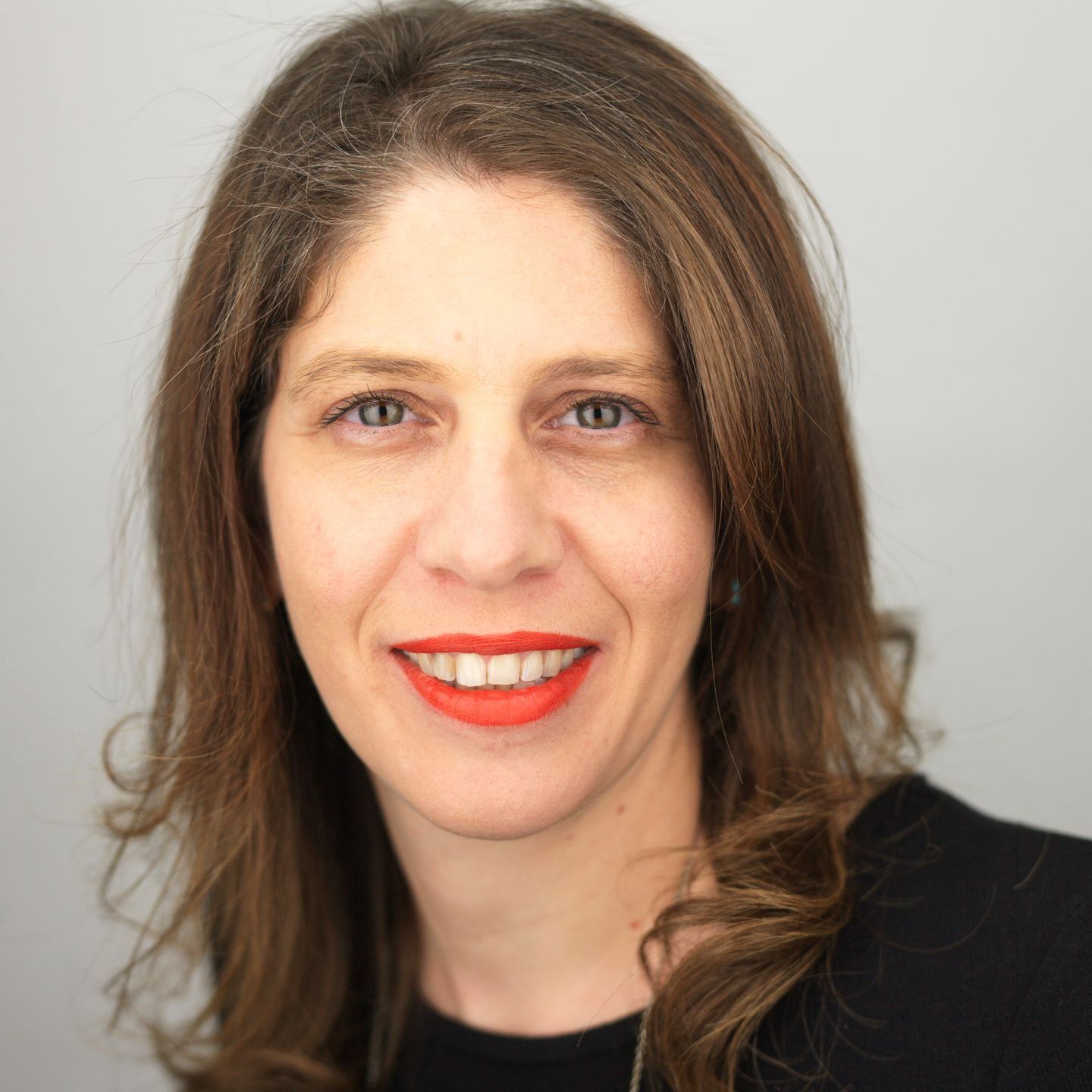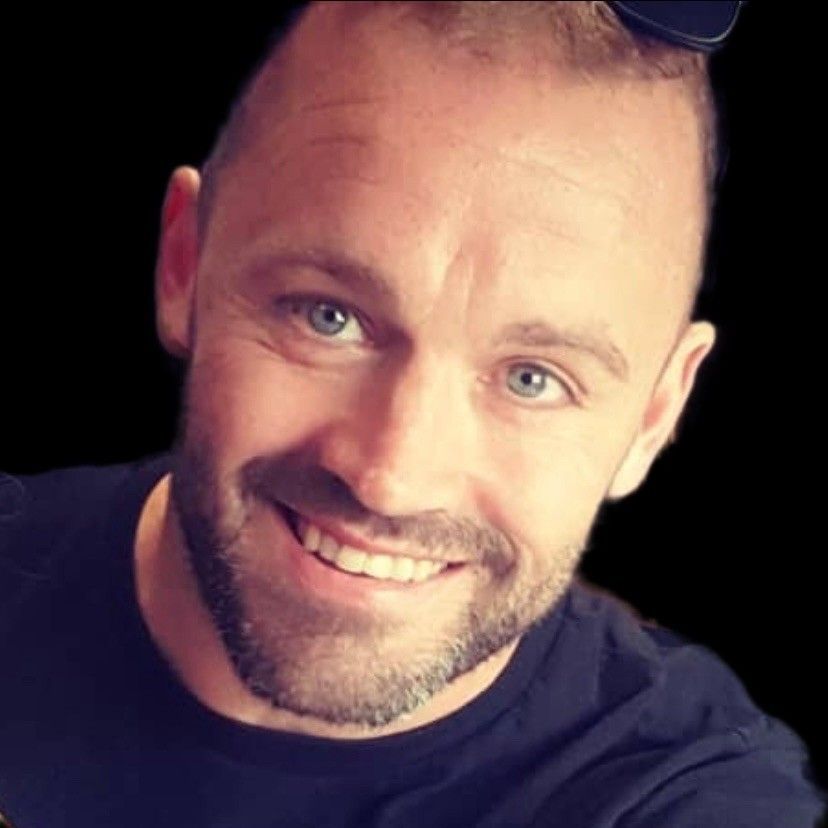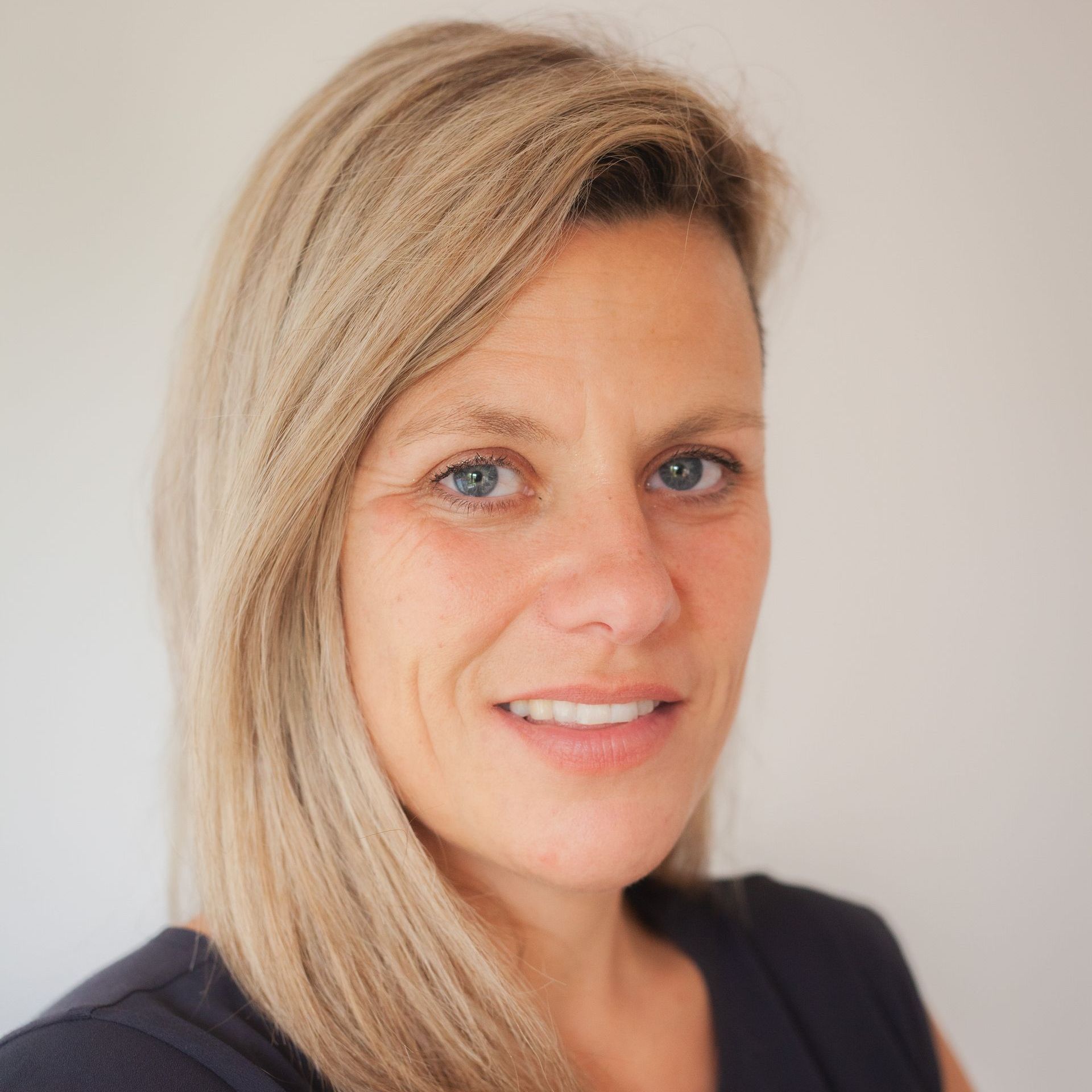A native of Belfast, Dr Brendan Ciarán Browne is an interdisciplinary scholar with degrees in Law (LL.B, LL.M Human Rights) and a PhD in Sociology. He has held academic and research positions at Queen's University Belfast, Al Quds (Bard) University, Palestine and is currently Assistant Professor of Conflict Resolution, and a Fellow of Trinity College Dublin (FTCD). His research interests are focused on transitional justice, settler colonialism and liberal peacebuilding, and conflict and forced displacement.
Dr Browne is an award-winning teacher, having been nominated three times for Trinity College Dublin's prestigious Provost's Teaching Award, winning the accolade in 2019. In addition, he has been nominated twice for the Trinity Civic Engagement Award in recognition of his work on community engagement in the North of Ireland and Palestine (being shortlisted in 2018). In 2023 he was again nominated for an award, the Excellence in Research Supervision at Trinity College Dublin, in recognition of his commitment to his research students.
As a recognised global expert on conflict and resistance in Occupied Palestine, his op-eds can be read in the Irish Times, the Newstatesman, the Globe Post, the Journal.ie, the Middle East Monitor, and he is a frequent political and conflict analyst for global media outlets including: TRT World, Al Qahera News, Al Jazeera, and France 24. He has been an invited guest speaker at a number of renowned global venues, including at the Universities of Oxford, Cambridge, Columbia, Fordham, Cape Town, Birzeit, and the Abbey Theatre, Dublin.

